
Happy fall! The best season of the year! It’s beautiful! It’s delicious! Give me all the pumpkins and the apples and the pears and the spices and the soups! The weather… well, used to be reliably crisp and lovely this time of year, once upon a time. We’re coming off of a month of 80-90 degree days with no rain, which was not so crisp and lovely. But we had lots of rain over the weekend, the temperature dropped about 25 degrees, and now it feels like fall!
Fall is many wonderful things. But, it’s also the time of year when our suburban ecological idiocy hits its true heights.
Of all the ridiculous, backwards, destructive, and totally unnecessary ways we manicure our properties, the things we do with leaves in the fall, aside from raking piles for children and dogs to jump into, are perhaps the worst. The destruction we cause - not because we’re feeding ourselves or clothing ourselves or traveling places or doing important and necessary things - merely because we want to grow a particular type of plant (turf grass) and we want nothing to be on top of that plant because we think it looks better that way - is truly some psychopathic stuff.
Last year I came across an excellent thread on fall leaves on Instagram, and saved it so that I could share it far and wide. Normally I wouldn’t include so much of someone else’s content here, but I’m making an exception because that thread is worth a read:
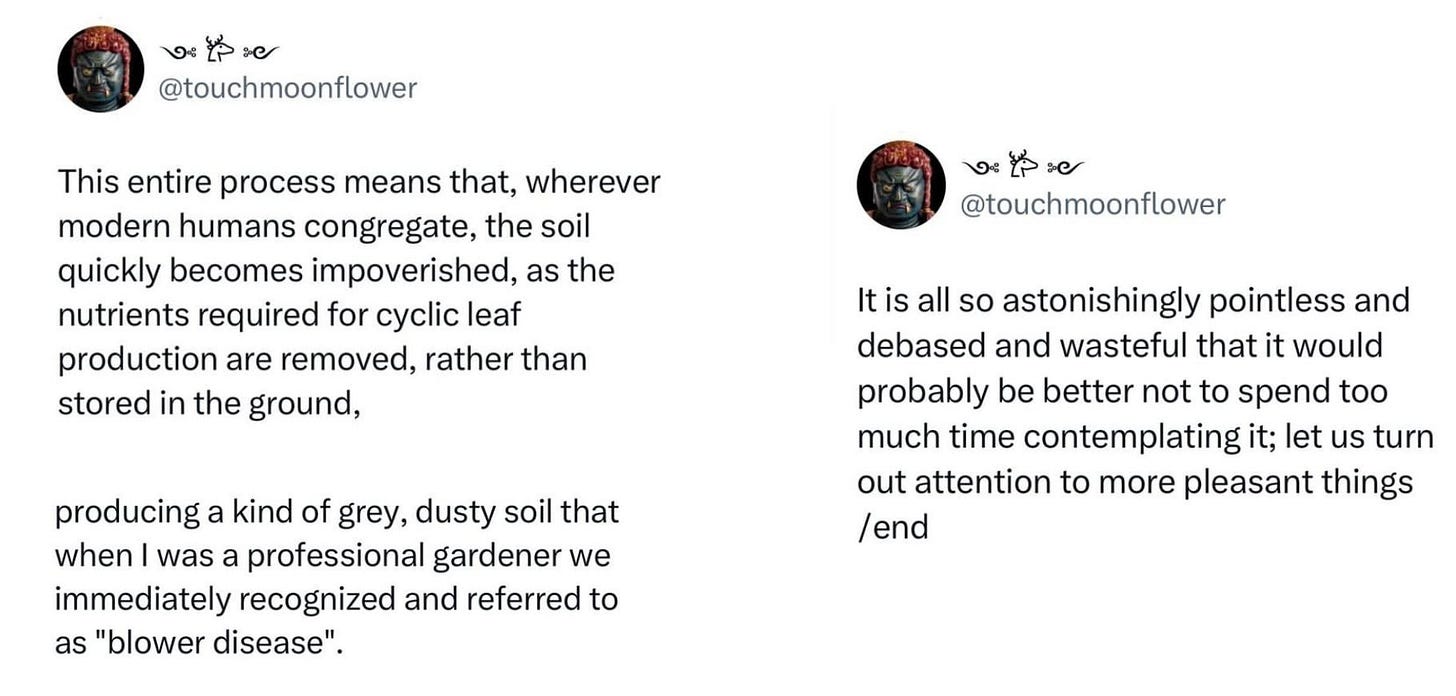
This wasn’t part of that thread, but it sums up the state of things:
Setting snark aside for a moment, I understand that many of us prefer the look of a tidy yard. And many of us do this yard work simply because it’s expected of us. We’re not thinking too deeply about it, or about the countless tiny creatures who depend on leaf litter to overwinter, or about the soil being depleted of the necessary nutrients for all the things growing in it. Which is why you might pay a pretty penny to cover your garden every spring with the best mulch you can buy - brown leaf mulch (which is way better than wood mulch). You may not realize that you spend all fall removing the very thing you later put on your garden beds if you’re giving them a most luxurious treat.
My favorite ecological horticulturist (…what? you don’t have a favorite horticulturist?), Rebecca McMackin, has a wonderful newsletter where she shares the latest in the science of ecological horticulture and associated fields (you’ll learn lots about bugs, too!). This month she shared a study from the University of Maryland showing the high cost to soil health and biodiversity of annual leaf removal in suburban landscapes. McMackin has a fantastic TED Talk about ecological gardening if you want some inspiration (in it she says “lawns should be area rugs, not wall to wall carpeting” and I love that).
Now, I don’t necessarily expect you to leave your lawn looking like the forest floor. But there are things you can do to manage leaves on your property that are way better than raking them into bags, or, god forbid, blowing them.
The first and best option - if you have any garden beds, you can lightly rake some of your leaves into the beds, and leave the rest on your lawn or under your trees (this is what I do). This will help keep those precious critters alive, and the leaves will act as high quality mulch for your plants. I’ve heard people complain that the leaves don’t decompose fast enough, but I’ve never had that problem. Maybe if you’re raking like 4 inches of leaves they won’t? But also, who cares if they don’t decompose fully over the winter? You can pop a layer of mulch over them in the spring if you want, if it’s too “messy” looking.
Another option is to rake some of the leaves under trees and into the garden, and then, on a dry day, run your lawn mower over the rest of the leaves on the lawn. This maintains some of the nutrients at the base of the tree and in the garden, and then the rest of the leaves are mulched right into the lawn as you’re mowing. There are special mulching blades that are designed for this, but unless your grass is really tall, you can probably do this with a regular mower (a manual/reel mower would be best). In my experience, our electric mower tends to leave some clippings on the lawn, but you can also spread the clippings/mulched leaves, if desired. This method won’t save all the little creatures in the leaves, but at least it keeps the soil healthy and doesn’t use a ton of fossil fuels (if you use an electric/manual mower).
If you *must* remove every single leaf (which, of course, is not something you *must* do), then I can only hope your municipality has a composting program. Put those leaves in a compostable yard waste bag, and hopefully they’ll wind up enriching somebody’s soil somewhere. But this is the least ideal option, short of blowing your leaves into a plastic garbage bag.
I’m fortunate to live in a community where landscaping practices are changing. Our village government encourages people to plant native plants and leave the leaves. And we’ve even got yard signs forthcoming this fall for folks with leafy lawns to help educate others on why they’ve chosen the “messy” look.
Part of the reason I’m so committed to encouraging folks to approach their landscaping differently is because it really has a huge impact, one that you’ll see right away. Unlike virtually everything else we might do for the environment that has no visible benefit (somehow with all our EV driving and bike riding, greenhouse gases are still increasings?!), a few small changes in your landscaping practices, and you’ll see life surge back into a previously pretty barren habitat.
Maybe you don’t find bees and butterflies and moths and beetles delightful. But they’re a cornerstone of our global ecosystem. And we’d, you know, be dead without them. So it’s high time for us suburbanites to show some respect to all the creatures who were living here long before we were, and who help keep us all alive, whether we realize it or not.
Hello, readers! As I try to grow this little Substack, if you’ve read something you like, it would be tremendously helpful to me if you’d click that little heart ❤️ button at the top or bottom of my posts. It’ll help other readers find me, so they, too, can learn how to be better suburbanites! Thank you for your support! I’m so grateful you’re here.
I wanted to share a couple pieces about electoral politics that I’ve read recently that I loved. As readers know, I’ve grown to hate electoral politics, and this election year in particular. I continue to be disgusted by the Harris campaign’s rhetoric. The Dick Cheney endorsement sent chills down my spine (did we forget that he’s one of the biggest war criminals of our lifetime?). And of course, the right-wingers are truly unhinged and gearing up for civil war. Things are ugly.
So I appreciated Margaret Killjoy’s “I Hate Election Years.” Every single sentiment she shares feels so relatable. Plus, I learned what a “shepherd tone” is, and that’s cool. She says:
“I’m not here to tell you whether or not to vote. That’s not what I care about. I care about what else you do with your time. I care about how you spend your time actually working to make the world a better place. I care about how you treat your neighbors. I think how you talk to and how well you tip your servers at restaurants is a far better litmus test for morality than ballots are.” …
“I won’t forget that making things better is something that we actually have to do, not something we can elect someone to do for us. It takes all of us, working together.”
I also loved Hamilton Nolan’s “How to Think About Politics Without Wanting to Kill Yourself.” He says:
“For the most part, it is wrong to think of elections as contests between “good” and “bad” candidates. With few exceptions, it is more accurate to divide most politicians into two broad categories: Enemies, and Cowards. The enemies are those politicians who are legitimately opposed to your policy goals. The cowards are those politicians who may agree with your policy goals, but will sell you out if they must in order to protect their own interests. Embrace the idea that we are simply pushing to elect the cowards, rather than the enemies. Why? Because the true work of political action is not to identify idealized superheroes to run for office. It is, instead, to create the conditions in the world that make it safe for the cowards to vote the right way.”
I’m not actually convinced most of the cowards agree with my policy goals. There’s never been a coward who ran for office who wasn’t transparently pro-war, pro-imperialism, and pro-fossil fuels. But I sure feel better about calling the Democrats the “cowards” than the “good guys.”




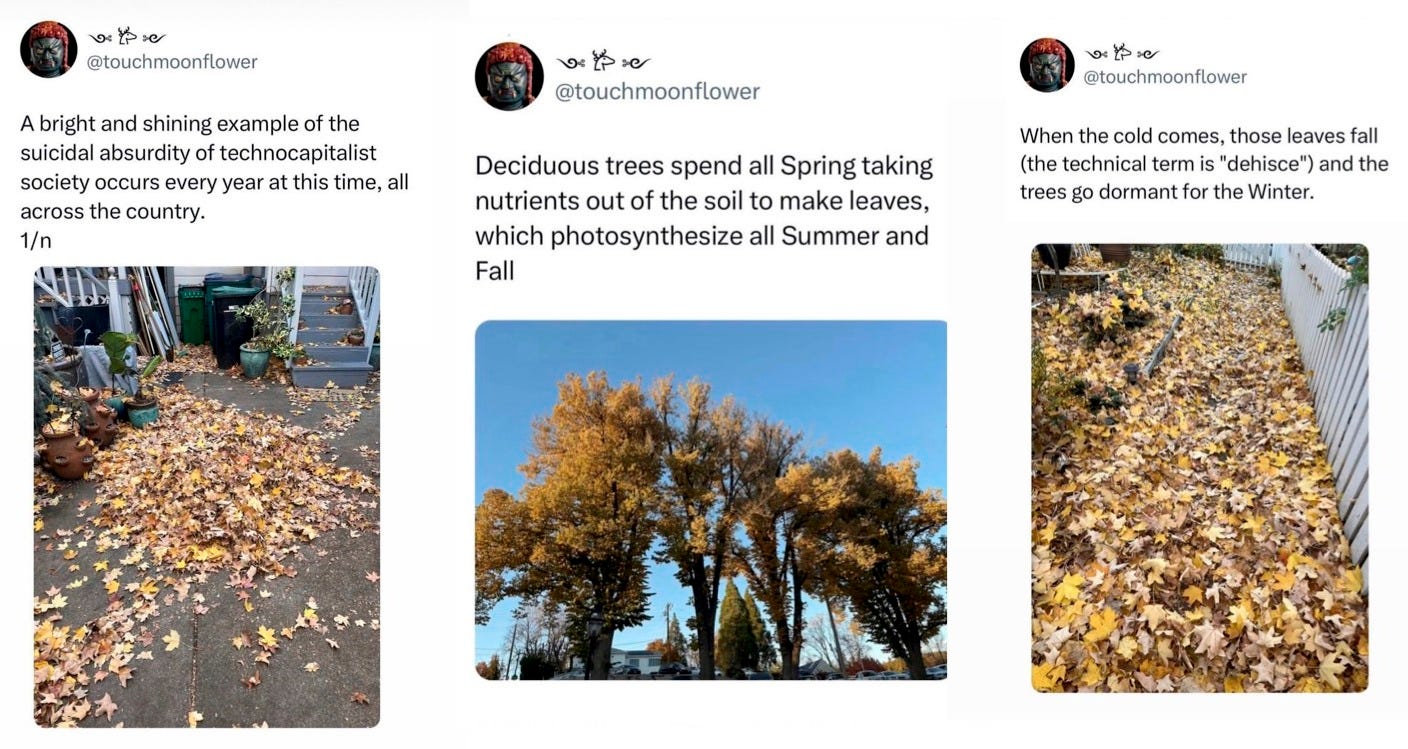
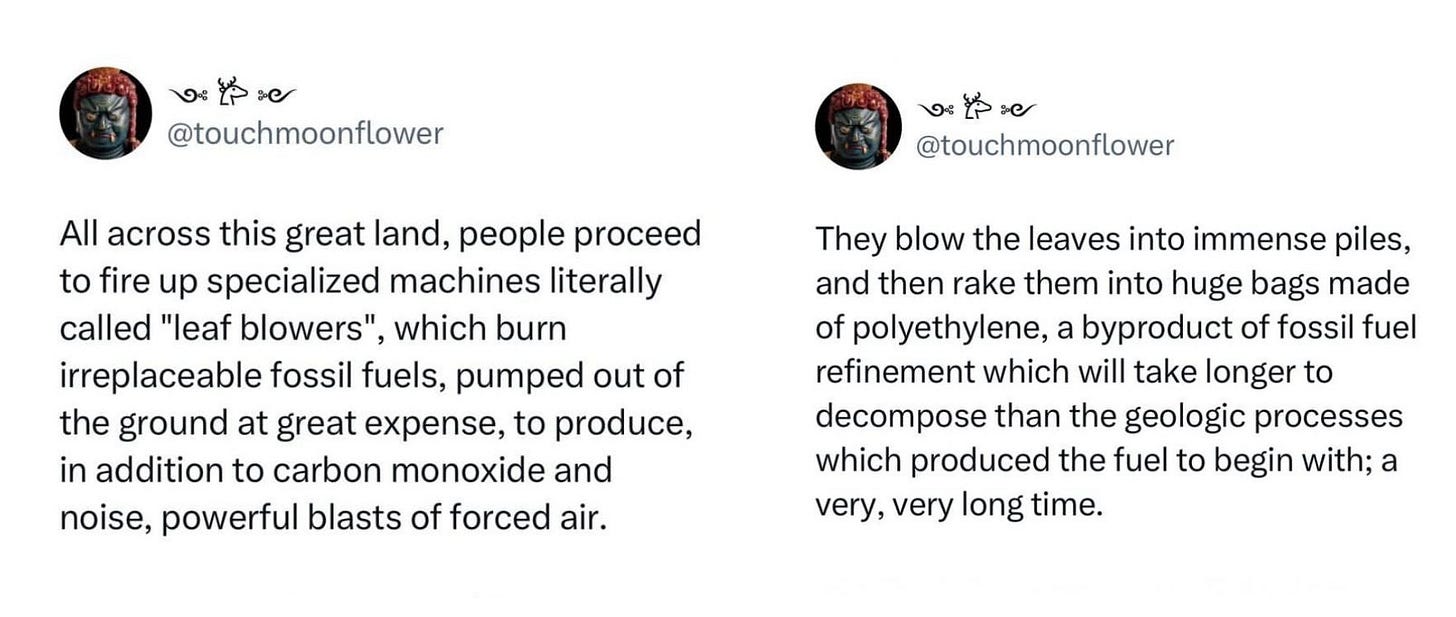
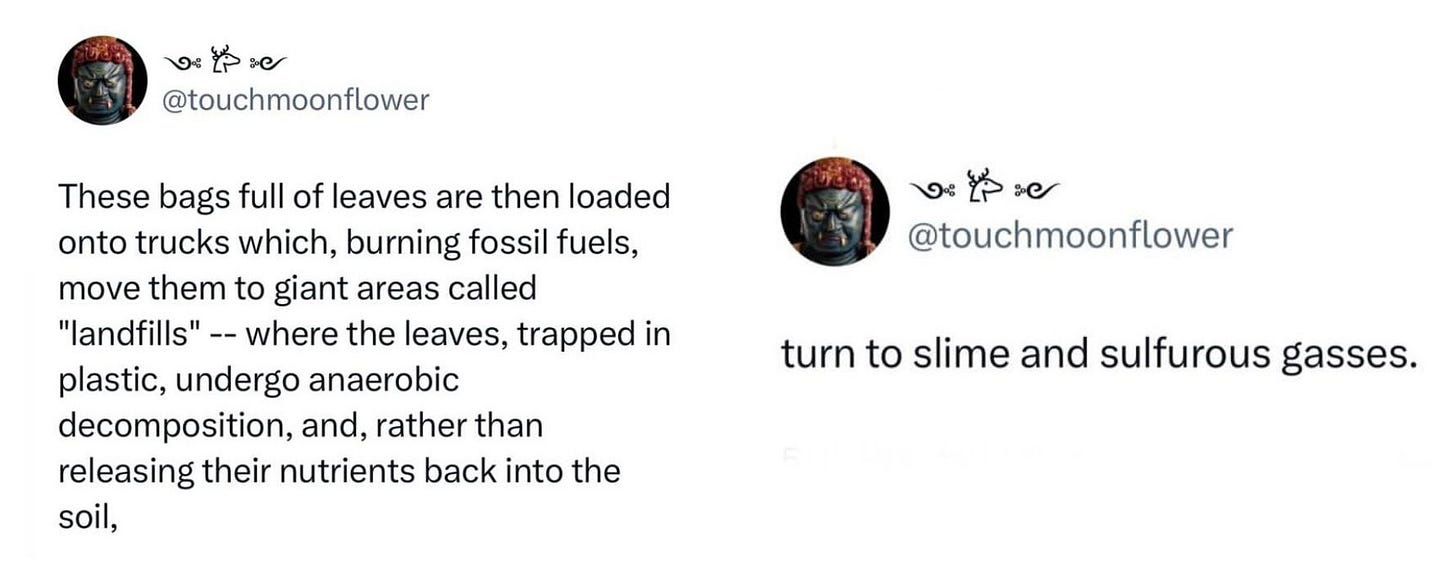
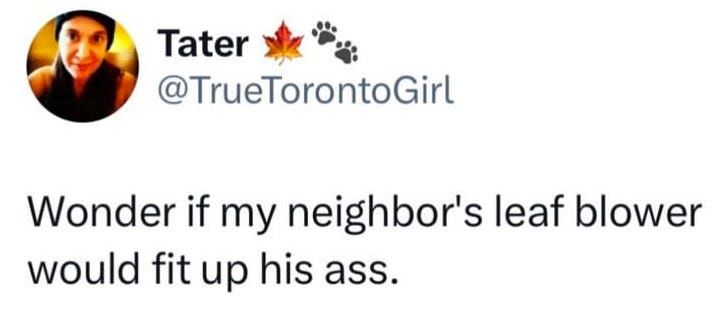
Thank you!!!!!